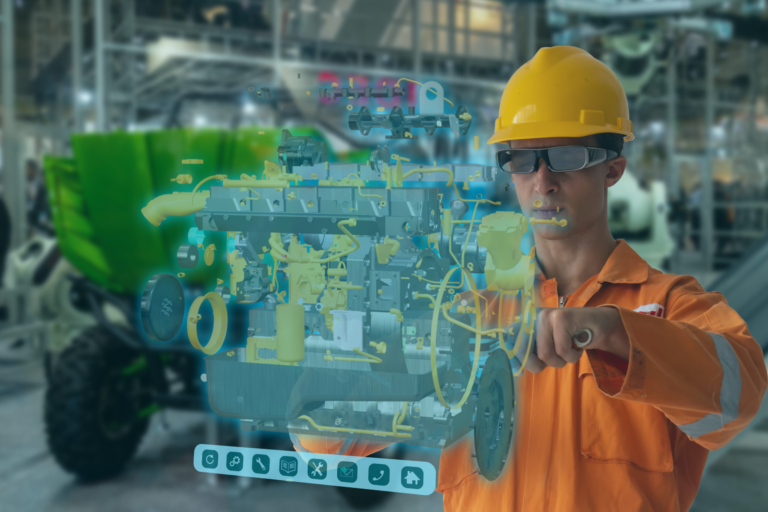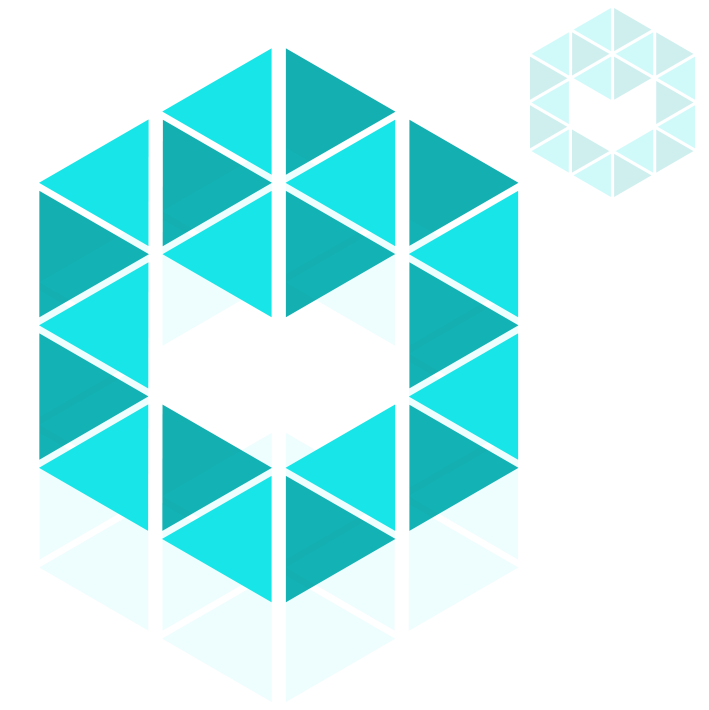In TERMINET project, Public Power Corporation (PPC) participate as an end user, together with Schneider Electric and Ericsson Telecomunicazioni SpA (TEI). PPC is the dominant energy provider in Greece, including the roles of energy producer, energy retailer and Charge Point Operator for Electric Vehicles.
PPC currently operates 19 major thermal power plants, 18 hydro power plants, and 31 wind farms. All these facilities are now operational thanks to a robust team of specialized PPC engineers who undertake the maintenance of those facilities throughout the country. Given the variety of the equipment that each facility needs (e.g., generators, turbines, transformers, and telecommunications equipment), the engineers of PPC are heavily burdened with this process, while there is a need for continuous training on maintenance for the newly acquired equipment. In addition, unexpected faults of the infrastructure may cause additional overhead to the maintenance team, since they can put the team out of schedule. Improving the maintenance process and predict future failures to reduce operational costs and facilitate the adoption of new more advanced technologies is of paramount importance.
Use Case 6 aims to demonstrate the TERMINET capacity towards satisfying emerging needs in Industry 4.0, focusing on predictive maintenance and Augmented Reality (AR) scenarios in industrial environments. Optinvent develops AR-glasses that can guide and ease the burden of the field engineer where remote guidance is required. Schneider Electric develops an IoT-enabled Remote Terminal Unit (RTU) capable of providing remote control and exchange of information needed to deploy predictive maintenance actions, while University of Bologna (UNIBO) develops the digital twin of that RTU to predict possible future faults. Finally, TEI and the involved technical partners aim to deliver a predictive maintenance scenario through federated learning, aiming to improve the prediction process for multiple small form-factor pluggable (SFP) modules.
Predictive maintenance along with AR technologies can benefit both manufacturers and end users. On the one hand, manufacturers can offer advanced after-sale service support, including predictive maintenance, AR-assisted training, and remote support, thus strengthen their market position and competitiveness. On the other hand, end-users adopting AR can minimize human errors and train personnel with new and more complicated products, towards digitalisation. Finally, predictive maintenance can greatly reduce operational costs and the efficiency of the end-user maintenance team.

